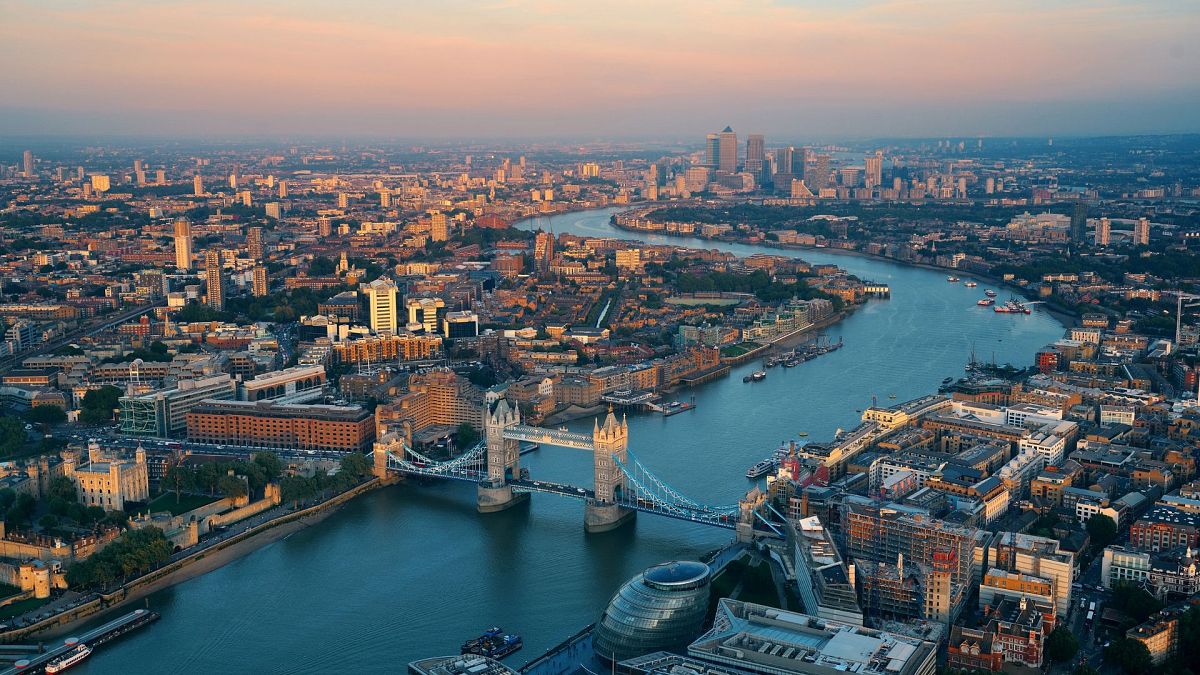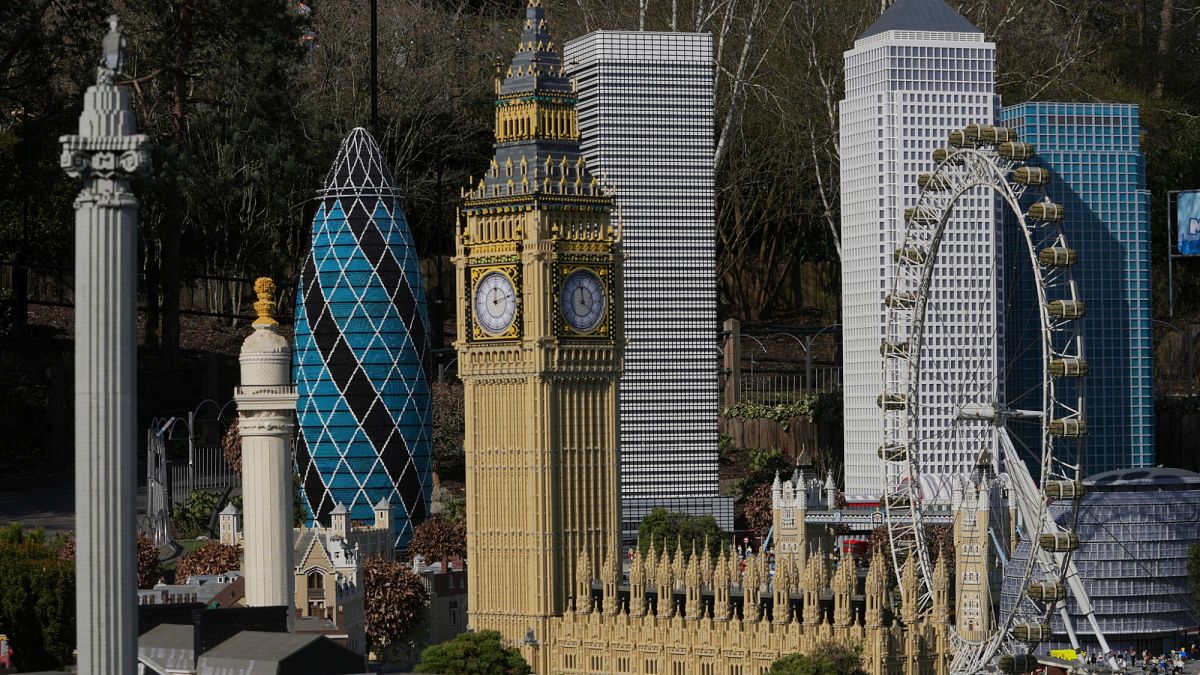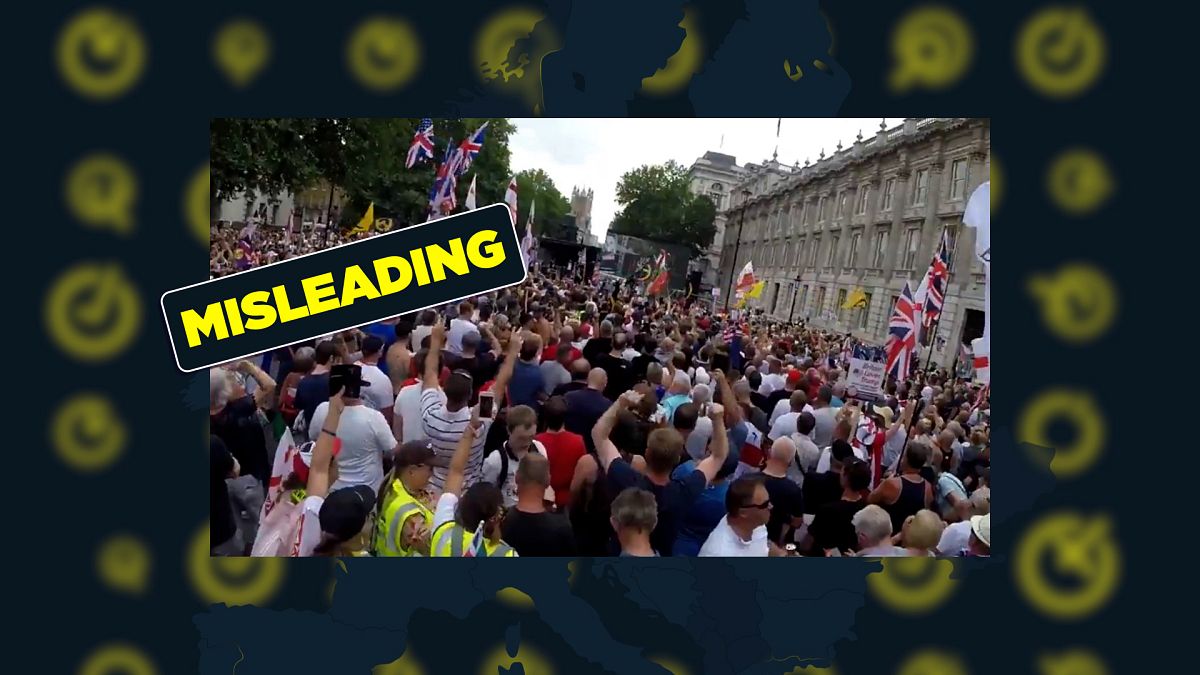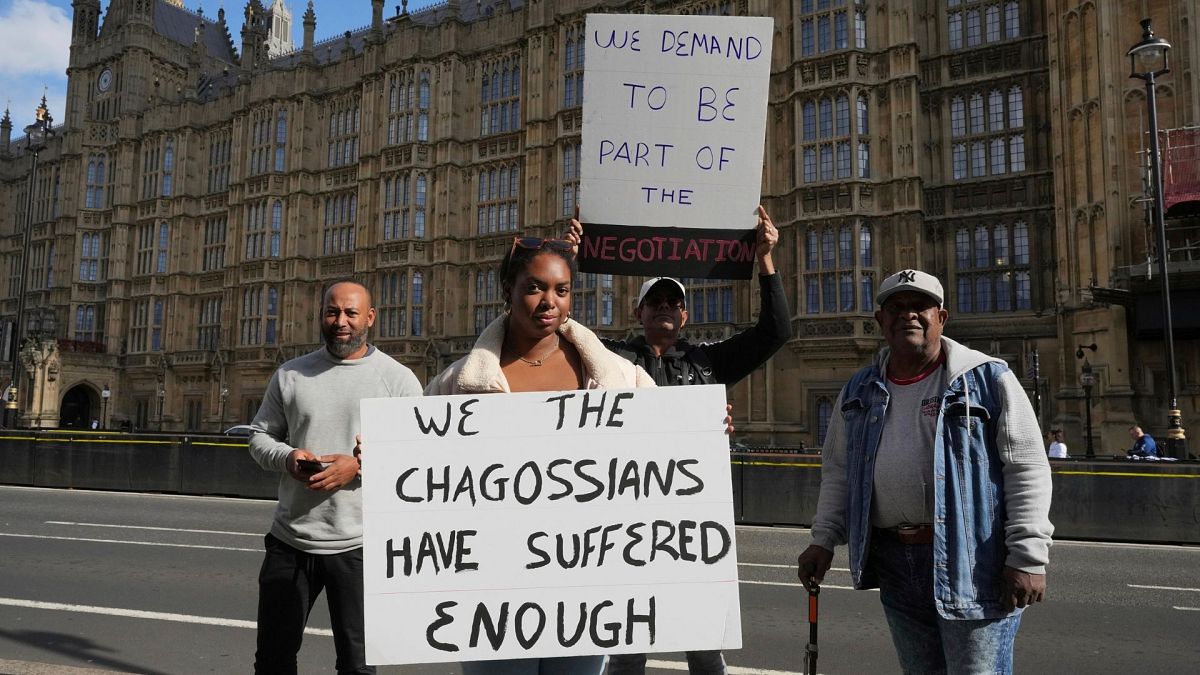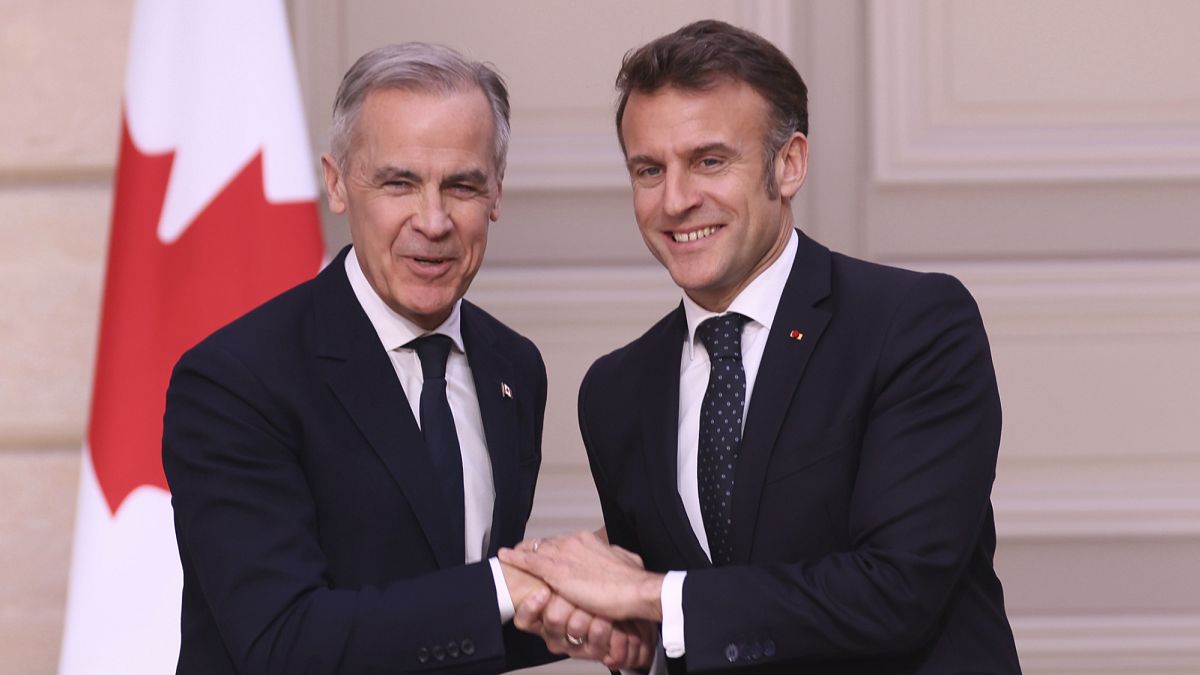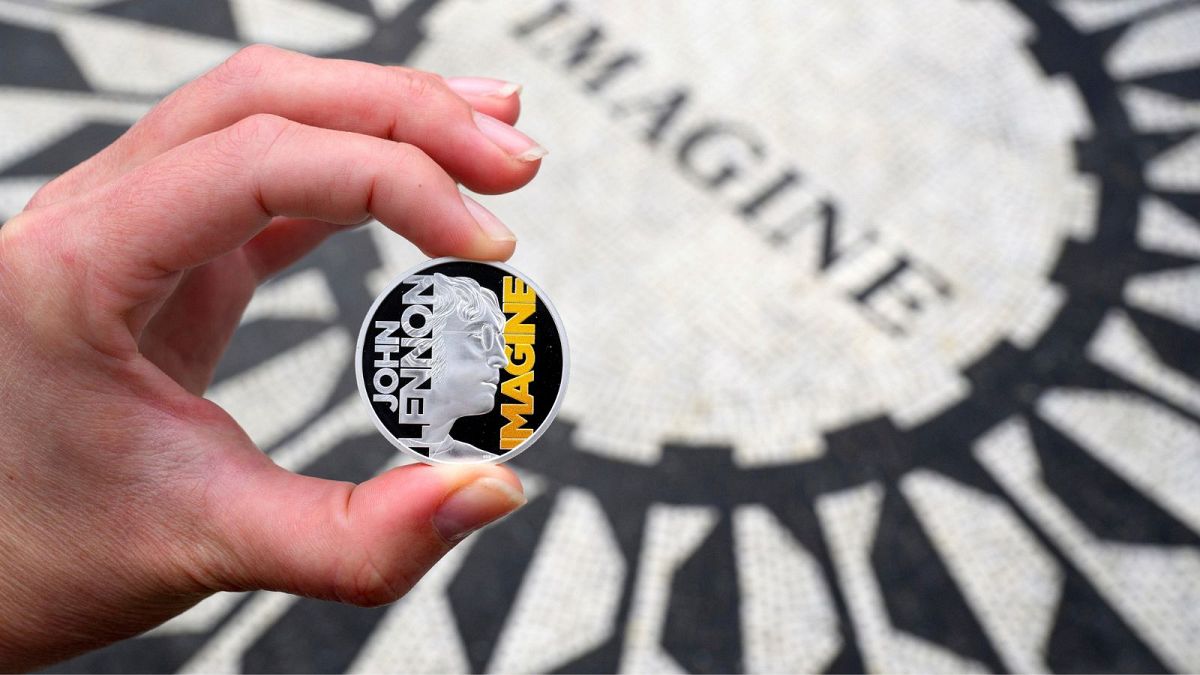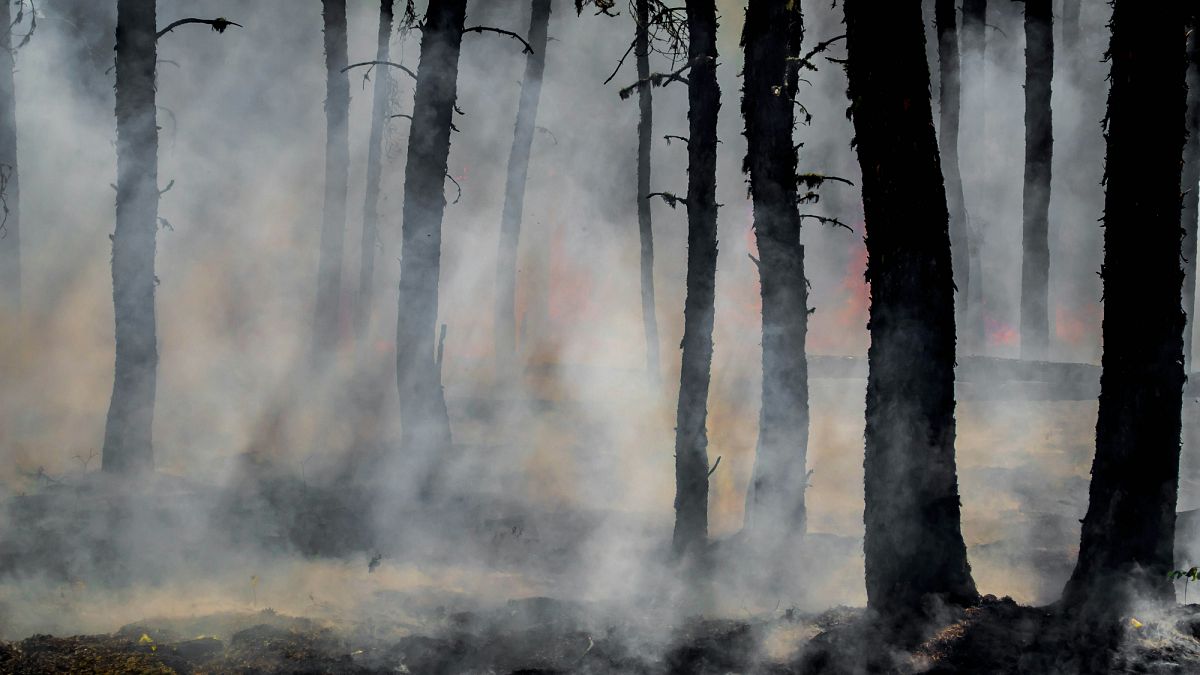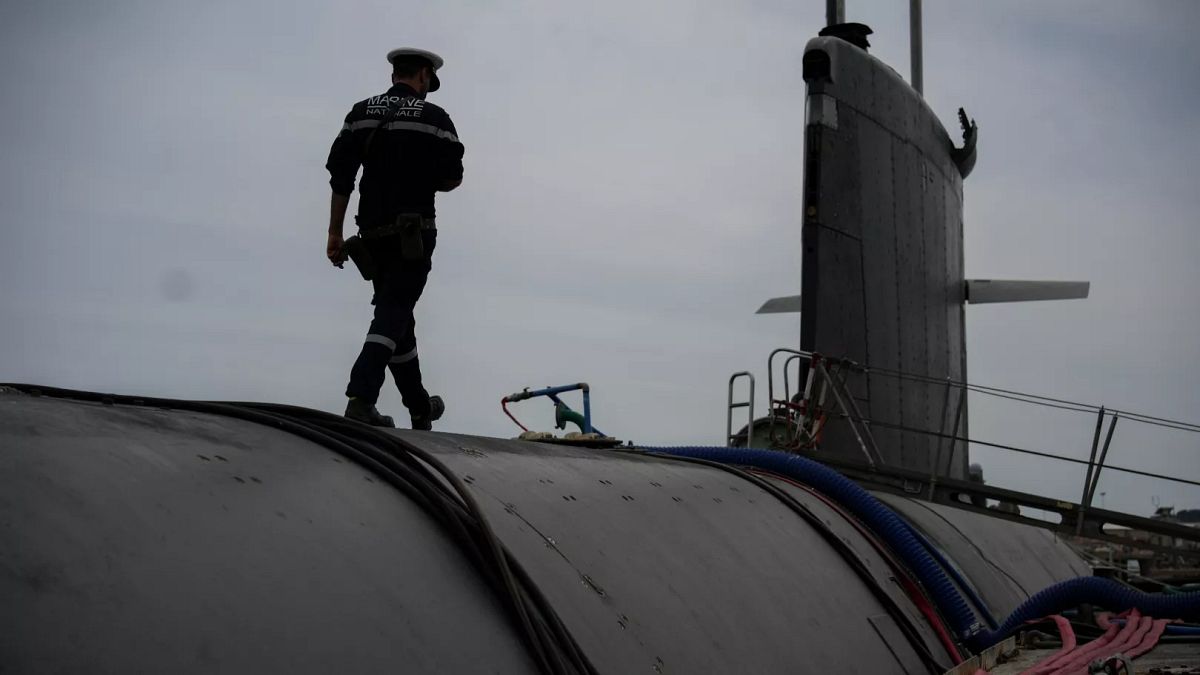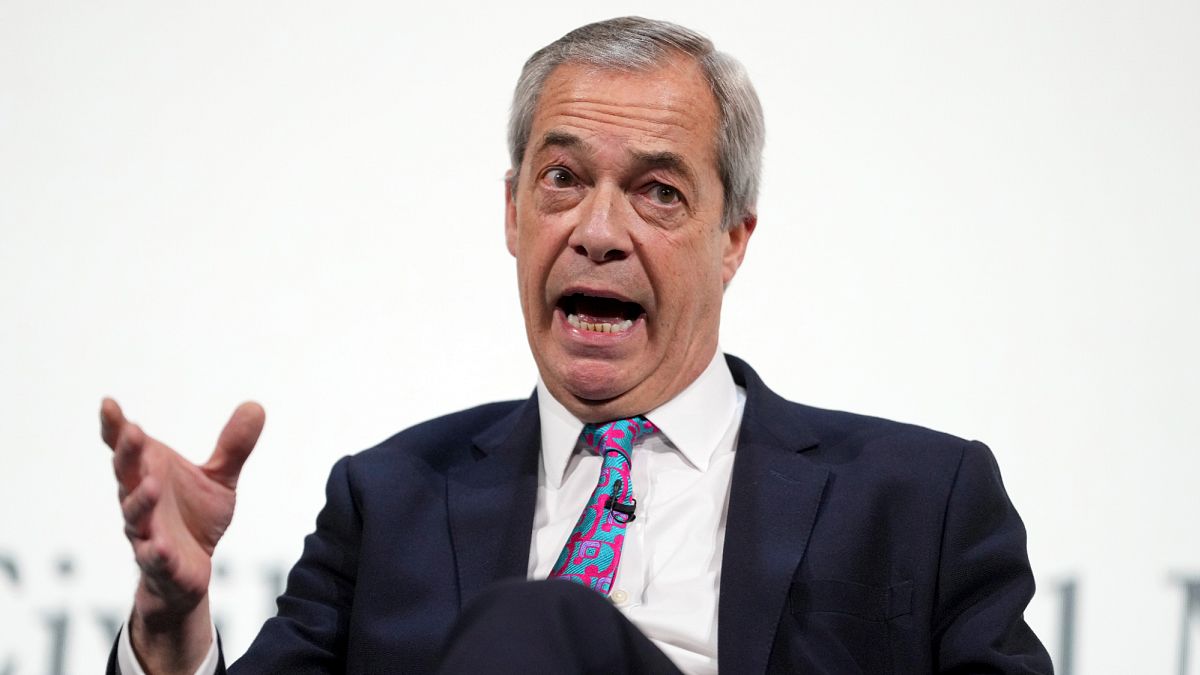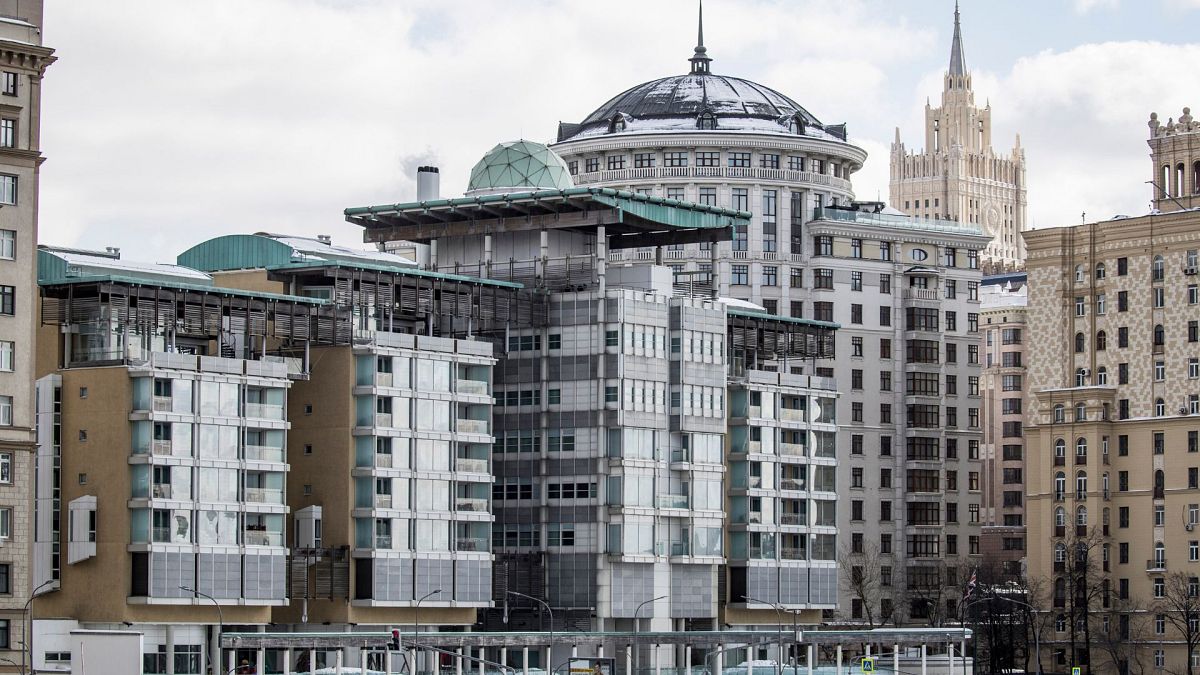A ceasefire in Gaza is a moral imperative, not a concession
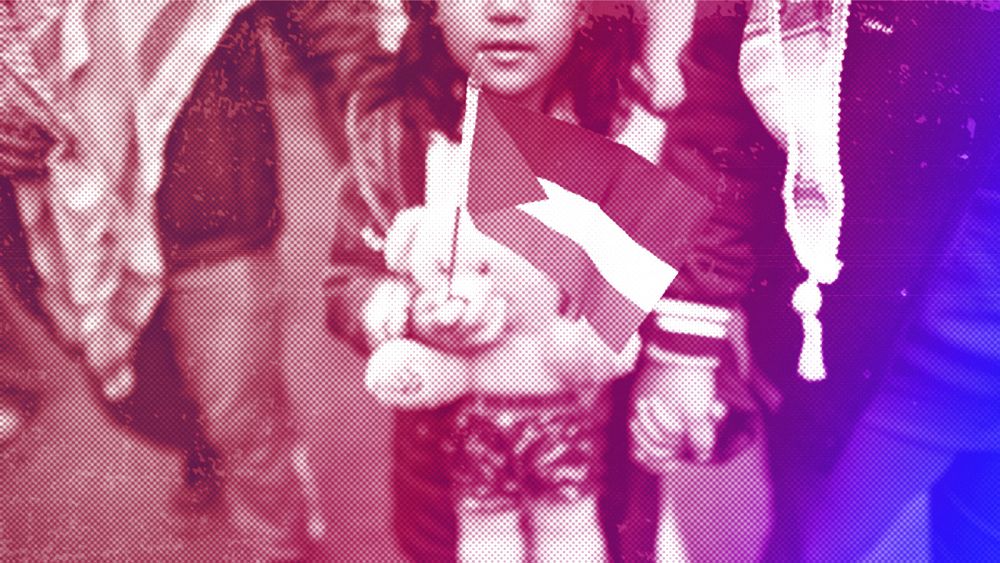
The opinions expressed in this article are those of the author and do not represent in any way the editorial position of Euronews.
A disagreement on some issues has become a divorce on each and every one. In moments of crisis, we must hear voices that challenge our assumptions and ask us to do better, Muddassar Ahmed writes.
A month and a half into the devastating Gaza conflict, the call for an immediate ceasefire has never been more urgent.
The grim toll is already staggering, with more than 13,000 lives lost, including a heart-wrenching 5,500 children.
Meanwhile, the survivors remain trapped in a suffocating open-air prison — unable to leave and subjected to the ruthless bombardment of a relentless, seemingly endless Israeli campaign.
We in Europe and the West are supposed champions of international law, human rights, rules-based order, and accountability. But by our standards, we have not just failed, we have become complicit.
Irresponsible language is harming our civil harmony
Instead of dialling down the violence in the Middle East–before that violence spirals out of control–too many of our leaders are instead spending time tearing our own societies apart.
The irresponsible — yet publicised — language of prominent public figures is instead deliberately misrepresenting peaceful solidarity and civic activism, endangering not only Palestinians and Jewish populations, but our own civil harmony.
When columnist for the Spectator, Douglas Murray, described all protesters as barbarians, what effects did he think would echo across our frayed society?
When the UK’s former Home Secretary, Suella Braverman — who was fired only last week for her remarks — called pro-Palestinian demonstrations “hate marches,” and accused the Met Police of bending to “Islamists”, did she think she was making life safer for British Jews, let alone Muslims?
When a columnist for the Financial Times, Camilla Cavendish, misconstrued Pro-Palestinian demonstrators and the wider Muslim population as an “angry” maligned part of Britain “stoked by Islamo-fascists” was she considering the claims of war crimes and breaches of international law?
And when British political adviser, Nick Timothy, called for an authoritarian surveillance state, did he think strangling democracy would see it blossom?
Zero-sum thinking has little to give
Such claims not only stoke unfounded fears but also feed into a damaging stereotype that paints Muslims as a homogeneous, extremist group incompatible with the democratic values we value in the West.
This goes beyond mere recklessness — it is a manifestation of a wider, more insidious trend that drowns out dialogue, suppresses calls for justice, and fuels hostility.
Across the Atlantic, a surge in anti-Muslim sentiment includes the former and possibly next US president reviving talk of his travel ban.
Tragically, earlier last month, a six-year-old American child of Palestinian ancestry and Muslim faith was stabbed to death by his landlord.
And while US President Joe Biden has announced a National Strategy to Counter Islamophobia, how can such a strategy succeed when Biden himself casts doubt on Palestinian casualty figures?
Not surprisingly, the space for peaceful engagement shrinks daily. We have gone so far in the wrong direction that we have seen a Palestinian literary festival cancelled in Germany and an exhibit of premodern Islamic art in Pittsburgh postponed for fear the apolitical content might offend unnamed sensitivities.
But this zero-sum thinking has little to gift us except tension, polarisation, and paralysis.
It’s all about equal treatment
To be clear, I do not know any serious Muslim leader who wishes to see the end of Israel or has anything but revulsion from the Hamas attacks.
But the global response to the resulting Israeli invasion has amplified an uncomfortable truth: within our Western discourse, Palestinian lives often warrant mere footnotes rather than chapters.
A staggering 70% of the fatalities in Gaza are women and children. The area is effectively a “graveyard for children” and more children have died in Gaza in the past month than all global conflicts — combined — since 2019.
The mediating institutions that act as our moral touchstones, the United Nations, the International Committee of the Red Cross, and the Human Rights Watch — claim Israel has clearly breached international law. Yet their calls for a ceasefire have been condemned, mocked, or simply ignored.
For far too long, Palestinians have not been treated equally in Western eyes. Their pain and their occupation are most often treated as an inconvenient fact, a natural disaster we can do nothing about, instead of the product of politics and policies we have every ability and right to challenge.
The sweeping demonisation of pro-Palestinian voices doesn’t just deny basic civic rights and responsibilities. It alienates huge numbers, undermines the thoughtfulness of our foreign policy, and likewise makes it harder to build the kind of inclusive societies we need.
We in the West, with its professed commitment to human rights, must reconcile with its evident double standards.
We must see the fundamental injustice towards Palestinian lives. We must understand the vital need for all parties to respect international law.
Voices challenging our assumptions must be heard
I know what happens when leadership shirks its responsibility. Too often in Western society, we can’t agree on anything, even when it is manifestly in our interests to agree.
A disagreement on some issues has become a divorce on each and every one. In moments of crisis, we must hear voices that challenge our assumptions and ask us to do better.
If our museums are afraid of history, if our universities are afraid of scholarship, and if our governments police speech — I would not go so far as Murray and say we would all be barbarians, but I would suggest we are moving away from civilisation.
Ultimately, this unchecked conflict has the potential to ignite far more than just the Middle East, it could in fact completely destabilise and destroy the diverse tapestry of our democracies and Western societies.
We shouldn’t call for a ceasefire in Gaza because Muslims are “angry”, but because it’s the right thing to do.
Muddassar Ahmed is a former Independent Advisor to the UK Government and a Board Member of FODIP — Forum for Discussion of Israel & Palestine.
At Euronews, we believe all views matter. Contact us at view@euronews.com to send pitches or submissions and be part of the conversation.
Source: Euro News


